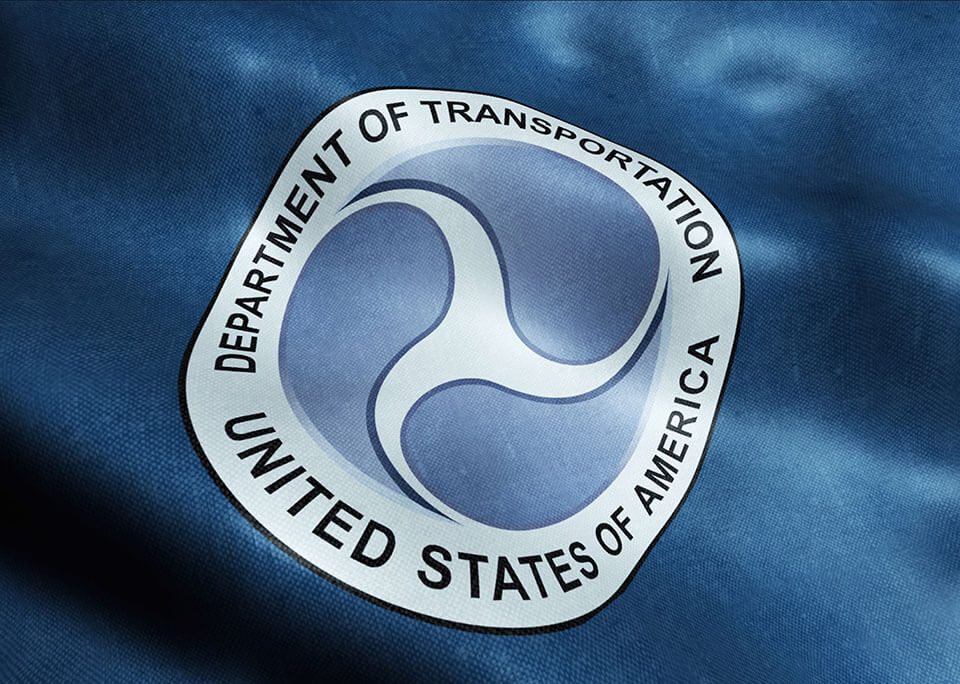Before the IFTA, fleets had to manually keep track of fuel expenses, miles traveled in each state, and obtain permits to carry in each state. It required several hours of clerical work and cost fleet managers tons of money. As a means to make the process more efficient and affordable for fleet managers, the IFTA was created. The IFTA, or International Fuel Tax Agreement, is an agreement between 48 states and 10 provinces in Canada. Instead of paying taxes in every state as they travel, fleet managers are able to pay their fuel taxes under the single fuel tax license.
Why is the IFTA Necessary?
The IFTA saves time and money. Before it was made, fleet managers had to remember the various different permit deadlines for each state. They also had to recall the various regulations and rules that each permit required. Drivers then had to waste more money driving to the permit locations in order to obtain the permit. For fleet managers that had widescale operations, this was both inefficient and costly. IFTA removes those problems. It enables fleet managers to calculate the taxes owed and report them to their home state. The IFTA organization inside of their state then takes care of issuing out the proper tax funds to the states based on the reports made by the fleet manager.
Through the IFTA, fleets have saved millions of dollars.
It also has enabled states to receive their proper due by allowing heavy trucks to access their roads. Because of their heavy loads, trucks often damage roadways. This can cause a state to have to fund expensive infrastructure projects to keep their roadways available for the public. The amount of money they receive from fuel taxes can relieve some of this financial burden.
Almost every state in the United States is part of the IFTA. Those that aren't include:
• Hawaii
• District of Columbia
• Alaska
There are 10 provinces in Canada that are also part of the IFTA. They include:
• Manitoba
• British Columbia
• New Brunswick
• Alberta
• Saskatchewan
• Quebec
• Newfoundland
• Ontario
• Nova Scotia
• Prince Edward Island
Who Needs to Use IFTA?
There are a few different regulations on who qualifies for IFTA. The first covers carriers that operate in two different states aside from their base state. Those that do not travel beyond two states, or those that only need to travel to a state once, can get by with a temporary permit.
The other qualification is the type of vehicle used to carry goods. The IFTA recognizes a few attributes that make up their qualified motor vehicle standard. They include a vehicle that has two axles and a gross vehicle weight up over 26,000 pounds, a vehicle that has three axles or more at any weight, and a vehicle that exceeds 26,000 pounds.
How to Apply for an IFTA License
Each IFTA application is different based on the state that your company is based in. They each have their own regulations. Sometimes the form also enables you to make changes or order additional decals. Some of the information you'll need to have available for your IFTA license is your business name, your USDOT number, your federal business number, and your mailing address. Once your application is approved, you'll be sent your IFTA decals in the mail. These need to be applied to your trucks. You also need to re-apply for your license every year.
Reporting and Filing IFTA Taxes
You need to report and pay your IFTA taxes quarterly. The 1st Quarter spans across the months of January to March. The deadline is April 30th. The 2nd Quarter spans across the months of April to June. The deadline is July 31st. The 3rd Quarter spans across the months of July to September. The deadline is October 31st. Finally, the 4th Quarter spans across the months of October to December. The deadline is January 31st. In order to report and pay your taxes, you need to first track the miles that you've traveled in each state. There are a few different software systems you can use to calculate the distances your drivers will travel based on certain routes. Then you need to record the fuel purchases that your driver's made in each state. You'll need to know how much fuel was bought and the price of the fuel. Your driver will need to keep all of their receipts. Those receipts should include the date of when the fuel was bought and where it was bought. With that information, you can run a few formulas to figure out exactly how much fuel tax you need to pay each state. Those results can then be reported to your local IFTA when you decide to pay your taxes. They'll make sure that all of the paperwork and taxes are distributed to the appropriate states on your behalf.




